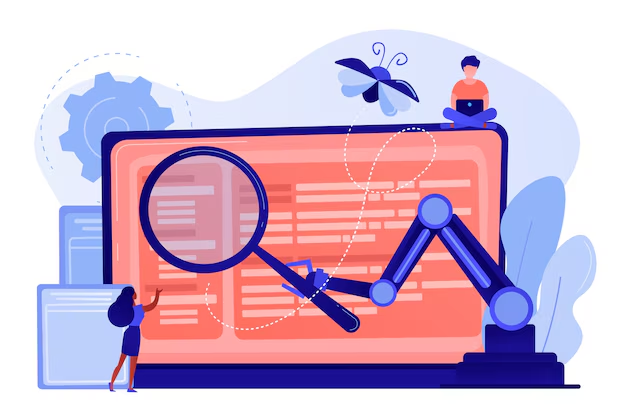Home >> Testing, Manual & Automation

In the world of software development, testing plays a crucial role in ensuring that applications run smoothly and meet the desired requirements.
At Monkshala, our Testing, Manual & Automation Course is designed to provide you with a strong foundation in both manual and automated testing methodologies. You’ll learn how to identify bugs, improve software quality, and utilize industry-leading automation tools to streamline testing processes. Whether you’re new to testing or an experienced QA professional looking to upgrade your skills, this course covers the essential tools, techniques, and frameworks you need to excel in both manual and automated testing.
Aspiring software testers and QA engineers who want to learn manual and automation testing.
Developers looking to expand their knowledge of testing and improve software quality in their projects.
IT professionals aiming to switch careers to software testing.
Existing testers wanting to upgrade their skills in automation testing.
Monkshala offers a comprehensive curriculum that blends both theory and practical application. You will work on real-world projects, learn from experienced instructors, and develop a deep understanding of both manual and automated testing techniques. By the end of this course, you will have the skills and confidence to test a variety of applications and contribute to delivering high-quality software in any organization.
Enroll in the Testing, Manual & Automation Course today to start your journey towards becoming a skilled QA professional!
C-254, South Bopal Center, Bopal, Ambli road, Ahmedabad, India.
655 Tamarack Road, North West, Edmonton, Alberta, Canada.